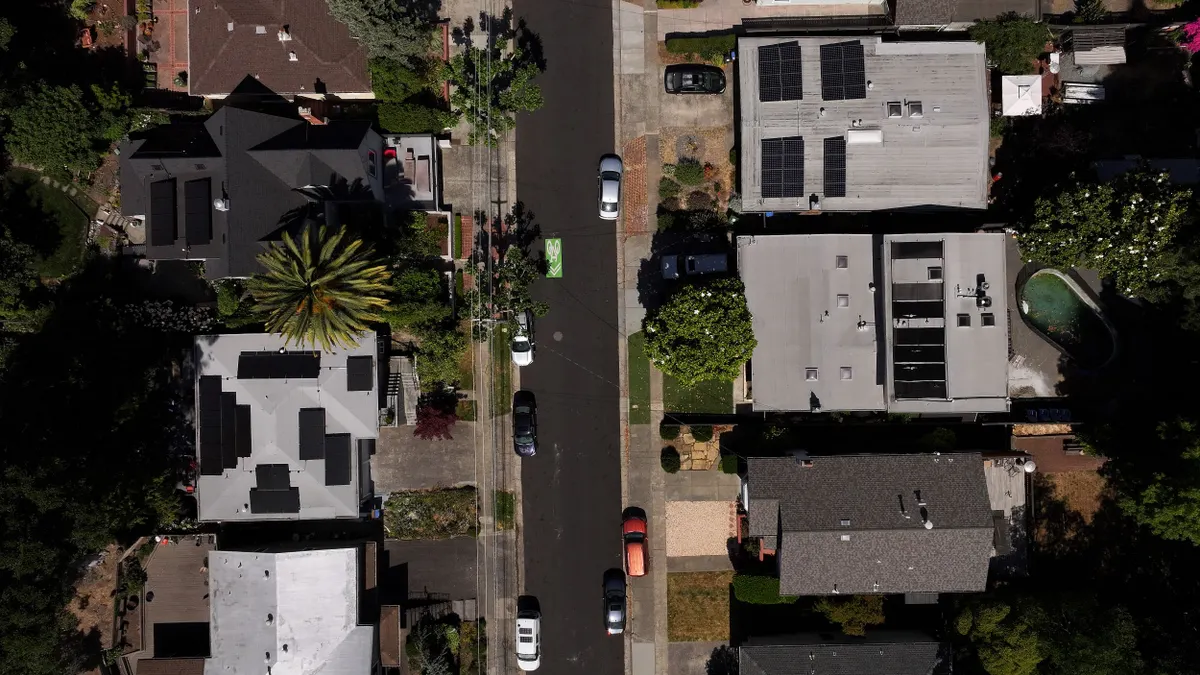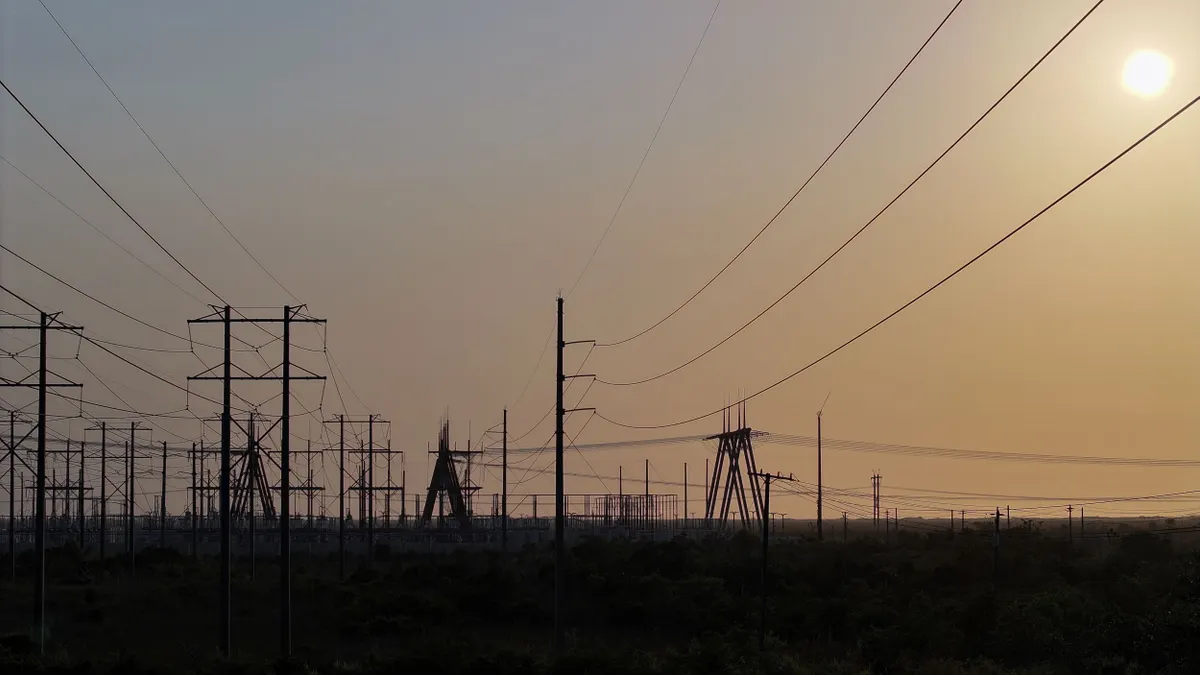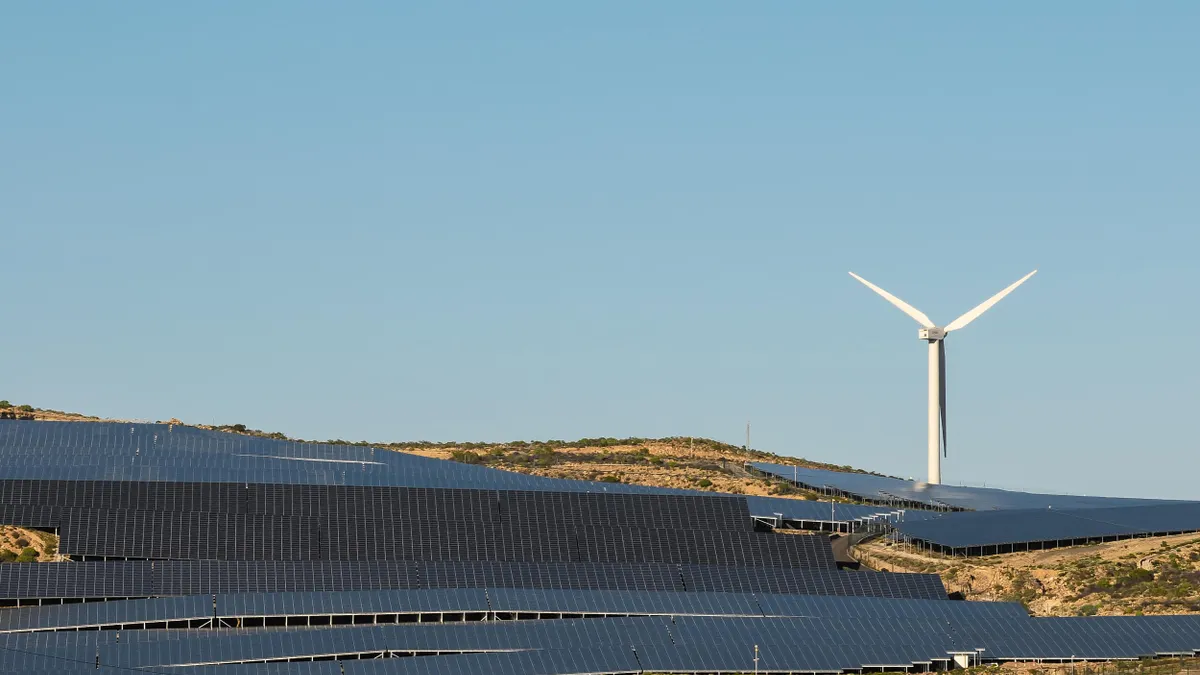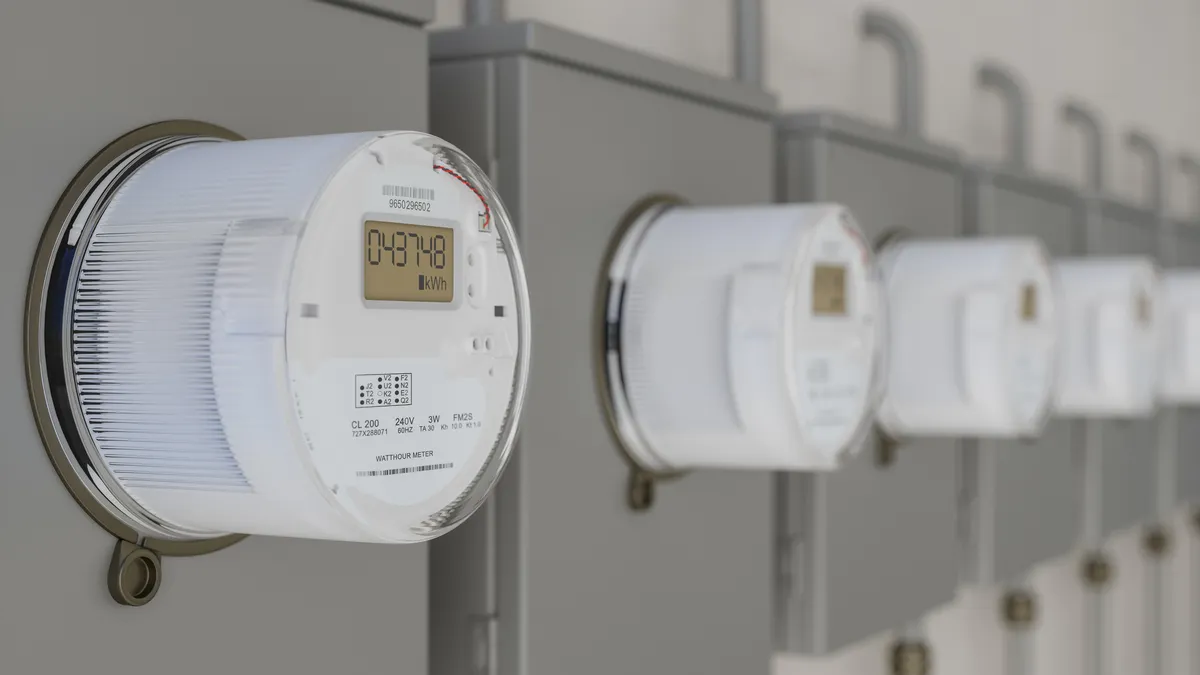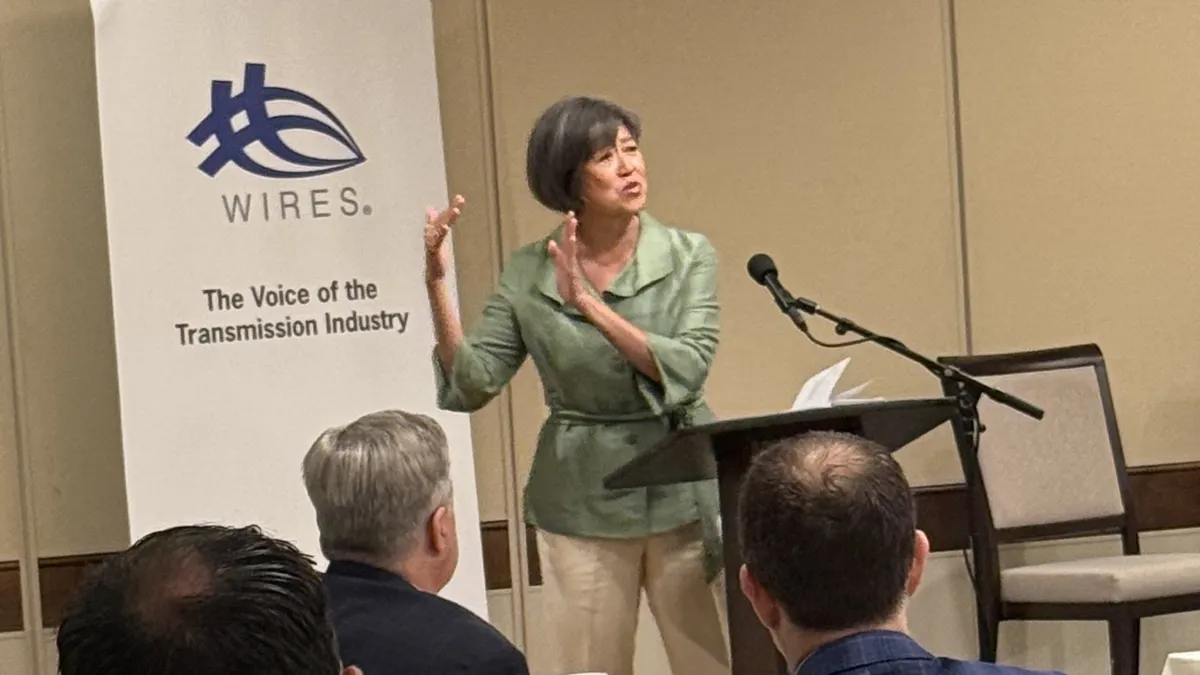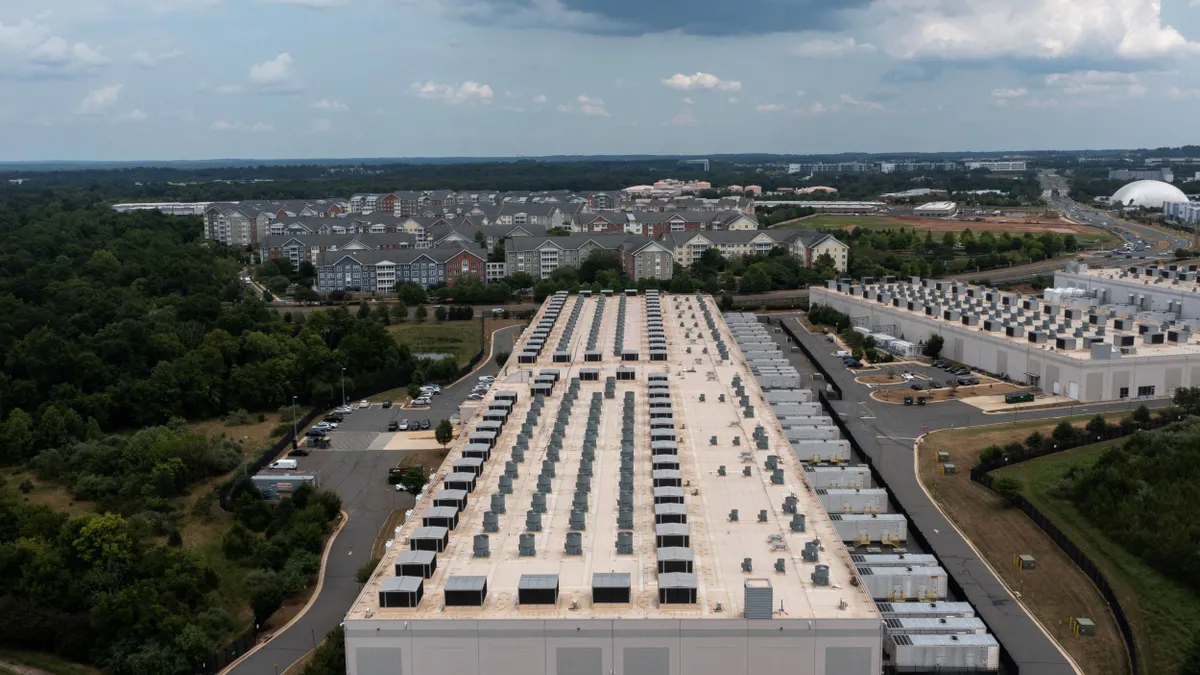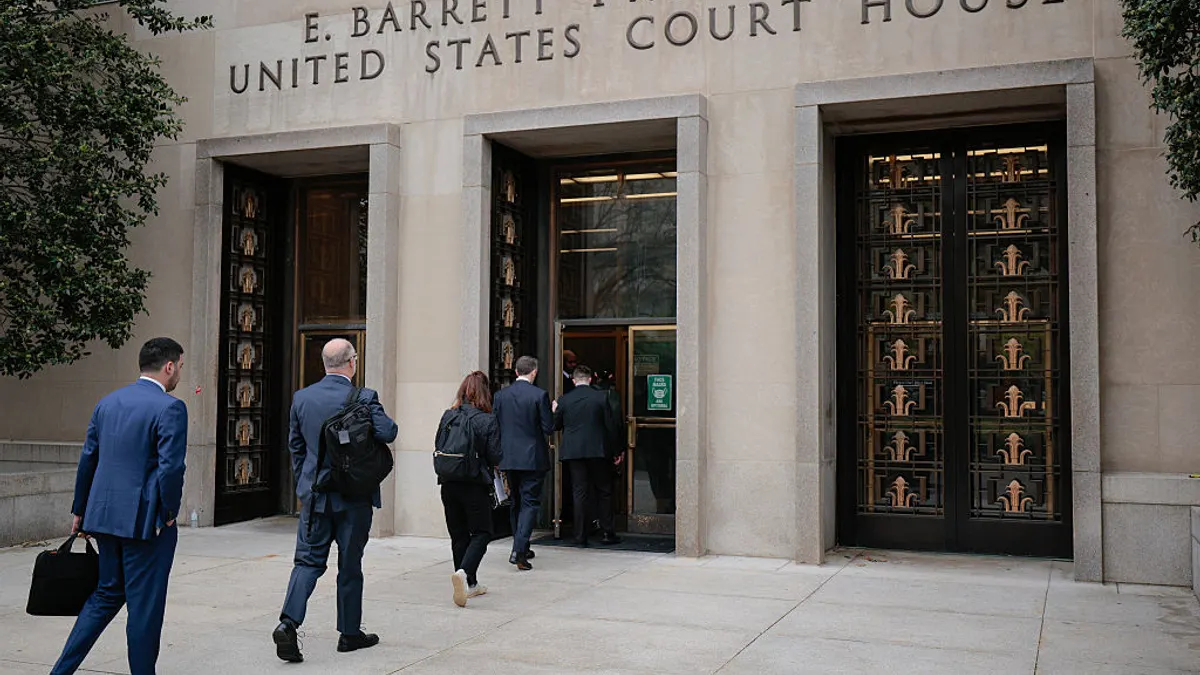The following is a contributed article by Illinois Chamber of Commerce President and CEO Todd Maisch
Utility Dive recently published an article, "Investigations of ComEd, Exelon lobbying threaten Illinois energy transition," covering the potential passage of Illinois' Clean Energy Jobs Act (CEJA) and its support from consumer groups.
However, consumer advocates like the Illinois Chamber of Commerce oppose many of the aspects of CEJA because it will raise electricity rates for consumers without measurable benefit.
We are concerned with CEJA's capacity market proposal that would ask the Illinois legislature to direct the state to procure capacity for the ComEd zone. That approach prioritizes the use of nuclear generation — owned by Exelon — to meet Illinois' capacity needs, securing Exelon's financial future at the expense of ratepayers' electricity bills.
Fixed Resource Requirement
An official analysis was completed by PJM's Independent Market Monitor recently on the impact of ComEd utilizing the Fixed Resource Requirement (FRR) that Exelon and the Clean Jobs Coalition propose Illinois invoke through their legislation. Under the scenario that capacity is procured at the ComEd offer cap rate ($254.40 MW/Day), the Independent Market Monitor concludes that prices would increase $414.4 million compared to the results of the PJM Base Residual Auction for 2021/2022.
The rates, however, could be higher and do not include the $2.5 billion over the next ten years the Illinois General Assembly required energy consumers to give Exelon's profitable nuclear generating facilities through the Future Energy Jobs Act.
We can also point to the example of Appalachian Power Co. ("APCo"), a utility in Tennessee, West Virginia and Virginia, that is using PJM's FRR currently. By comparison, APCo's capacity rate for June 2018-2019 is $435.86MW/Day. ComEd's rate for that same period was $215MW/Day. That is just under a $2 billion increase across the ComEd zone.
The capacity prices are more than double what ComEd can get in the PJM market. Competition has its benefits.
Advocates cite a report by the consulting group Grid Strategies that claims electricity rates will increase $864 million for ComEd customers under PJM's capacity market proposal that was before the Federal Energy Regulatory Committee (FERC). The Grid Strategies report relies on analysis by PJM's Independent Market Monitor, but does not mention that the Market Monitor swiftly and publicly refuted the Grid Strategies report because Grid Strategies misrepresents the Market Monitor's analysis and inappropriately concludes that modifications of the capacity market rules at PJM will result in increased prices.
FERC recently ruled on that proposal and PJM has 90 days to comply before its true impact can be understood.
This is just the potential cost of the capacity market changes. CEJA's 600-plus pages include a host of unfunded initiatives that lack budgets or cost caps. Several of those programs will require the utilities to rate-base expenses, and lack real assessment metrics, which will lead to long-term rate increases for consumers.
Unfair costs on large users
No one is as sensitive to electricity price increases as large energy users and employers.
Illinois must address the unfair costs on large users and employers, who pay the brunt of new energy programs and changes through increased electricity bills, forgoing hiring and jobs, and investments in environmental controls. Illinois cannot continue to burden our job creators with the weight of these changes and must reject calls to have the state procure its own capacity.
CEJA is massive legislation that would implement aggressive changes to Illinois' energy economy with costly impacts to Illinois energy consumers and risks to electric reliability. This is not a choice between supporting green technologies/lowering emissions and cost.
Both are necessary and achievable through proven innovation and competition.
The Illinois Chamber believes that enacting CEJA would inflict billions of dollars in increased energy costs on Illinois ratepayers and strongly cautions the Illinois General Assembly against proceeding with this legislation without undertaking a thorough analysis of these proposals to determine if a measurable benefit is provided to its investors, the energy consumers.
We strongly encourage legislators, members of the media and the general public to truly take a deeper dive into this legislation to see for themselves how damaging it could be to families and businesses struggling to pay for electricity in Illinois.



